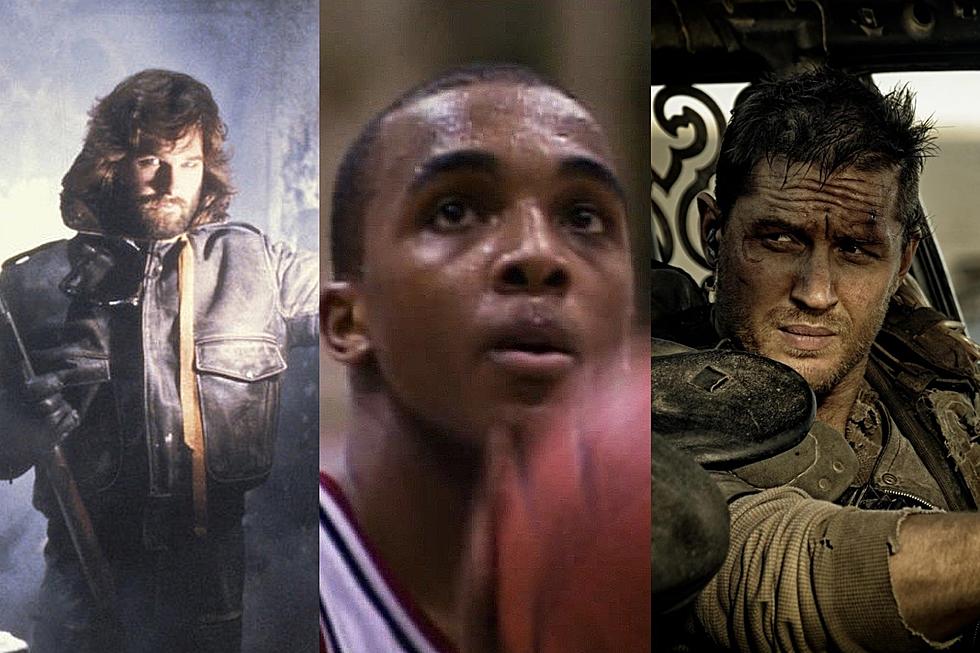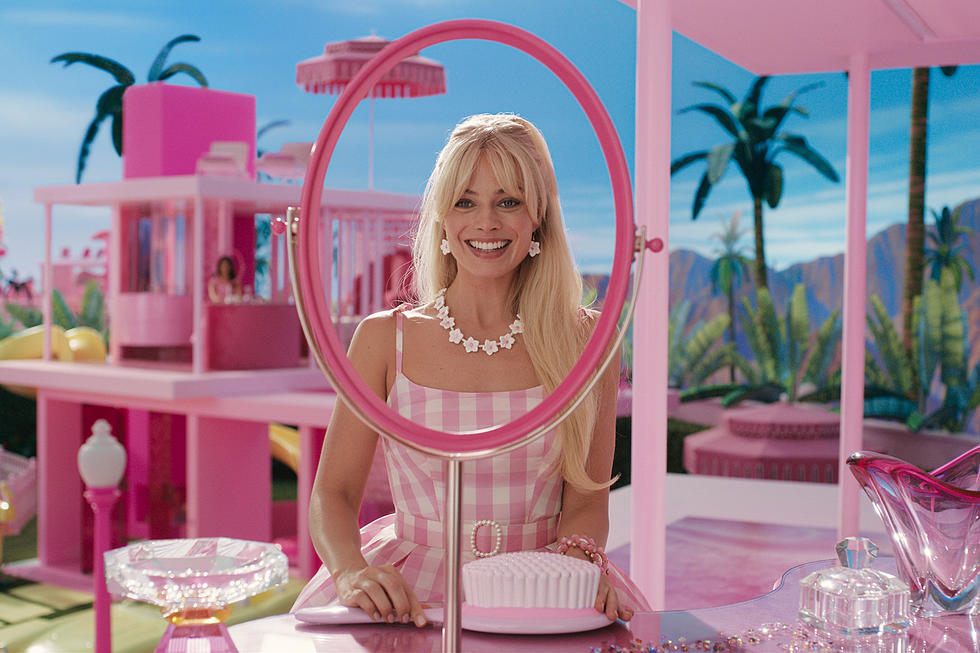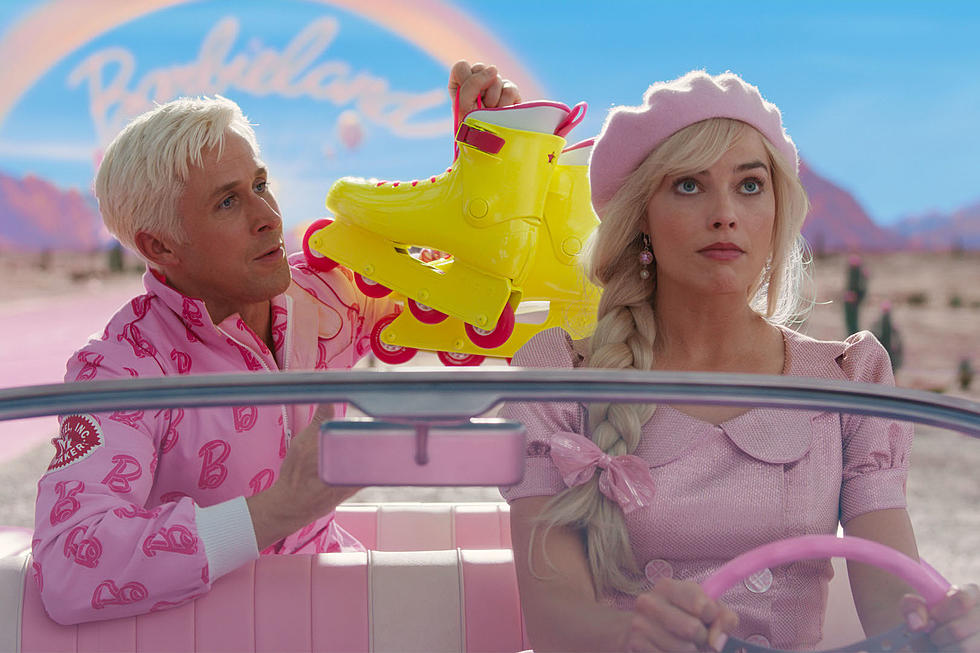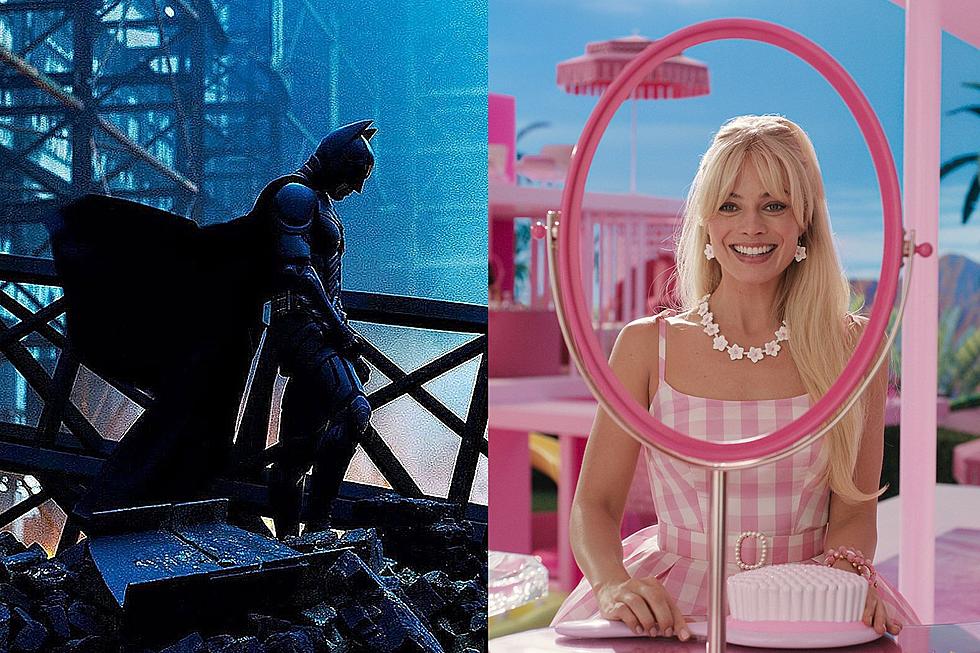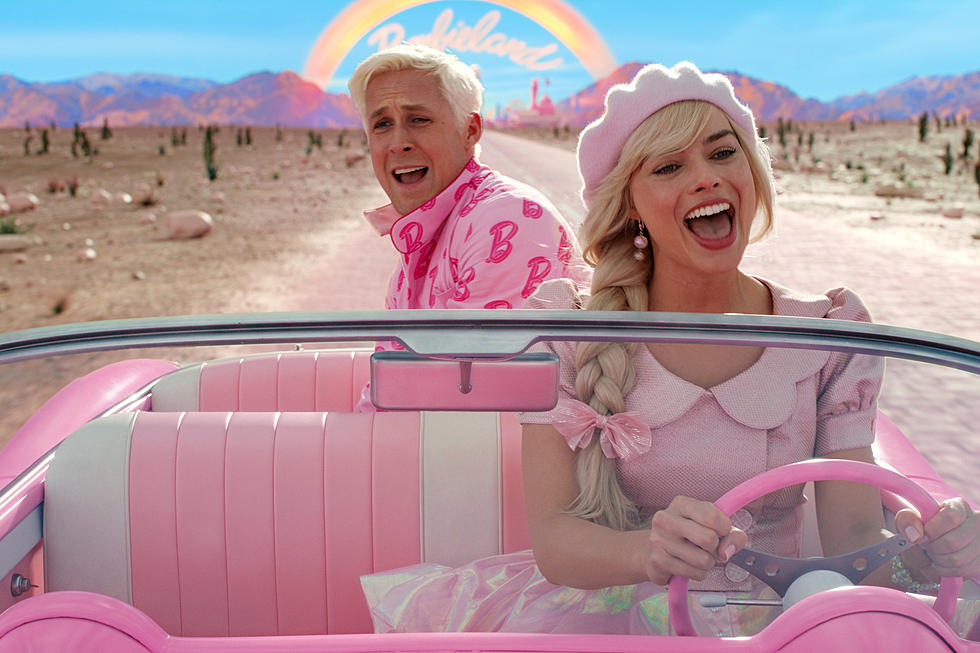
Five Questions With ‘Mistress America’ Director Noah Baumbach
It’s a year of milestones for filmmaker Noah Baumbach. 2015 marks 20 years since his debut film, Kicking and Screaming, and a decade since his breakout indie as a writer and director, the autobiographical The Squid and The Whale. 2015 is also the first time in Baumbach’s career he’s released two features in one calendar year; his last effort, the outstanding While We’re Young, opened in theaters in April. Four months later, Baumbach returns with Mistress America, a fizzy screwball comedy about a lonely college freshman named Tracy (Lola Kirke) whose depressing social life gets a serious shot in the arm after she meets her new stepsister Brooke (Greta Gerwig).
Baumbach co-wrote Mistress America with Gerwig, and their new film reworks some of the ideas from their last one, 2012’s terrific Frances Ha, and pairs them with a few of the themes from While We’re Young. From the former, Baumbach and Gerwig continue their exploration of female friendship; from the latter, its consideration of the gender gap between older adults and Millennials. Mistress America also returns Baumbach to the subject of his very first film — college life — and that’s where our brief conversation started, before continuing on into a discussion of New York City, the post-Beatles discography of Paul McCartney, and the surprising beauty of Madagascar 3: Europe’s Most Wanted.
Kicking and Screaming came out 20 years ago. The film itself is now almost old enough to graduate from college and never leave, just like its characters. What was it like looking back at college from this perspective, 20 years later?
When I shot Kicking and Screaming I was shooting in Los Angeles, which wasn’t my first choice. I was convinced that, for budget reasons, it would be the best way to do it. So actually when I shot the college stuff there, I never felt entirely happy with how it looked or felt because I felt like it wasn’t the right ... anthropology. So in a way, shooting Barnard and Columbia campus [this time], which feels very much like a college campus, I guess I was doing it right this time. Not that I did it “wrong” before, but that it wasn’t my preference. And I also shot at Vassar, which is my alma mater, where I wanted to shoot Kicking and Screaming at and where we shot a little bit of Frances Ha at. Basically over these last few movies I’ve been able to visually get what I didn’t get on that movie.
But I don’t know. I was so close to it back then. [Kicking and Screaming] benefits from that kind of closeness. It’s been a while since I’ve seen it, but when I’m doing it I can get inside the characters and it doesn’t matter that I haven’t been in school in that long. Somehow, I feel like i can relate to what this person’s going through at this point — that’s something Greta and I talked about, which is that we felt like we hadn’t really seen the loneliness of college, particularly in its early stages, onscreen. And I thought that was important.
As someone who had a pretty lonely first semester of college, I think you nailed it.
Yeah. And I felt like that was something important to try to show.
Actually one of the most interesting parts of Mistress America also comes up in the very first scene of Kicking and Screaming, which I was just re-watching on Netflix last night, and that is the ethics of using your life and the lives of the people around you in your writing. Maybe the movie expresses your feelings on the subject, but I’m curious to hear you talk about that aspect of Mistress America.
In terms of the characters in the movie, I think they both have a real point of view, and I don’t mean that as a cop out. They both express themselves very well — maybe Brooke at a higher pitch. [laughs] They both have strong feelings about the subject, and they don’t actually really come to terms with that. They kind of have to accept each other knowing that they disagree.
I don’t feel one is more right than the other. And for the characters, the hurt is beyond ethics. It’s really about feeling hurt, and it’s also about feeling seen. Because what’s always moving to me about that relationship is that Tracy, on the one hand you could say betrays Brooke by writing about her. But Tracy also loves Brooke. She sees through it and she loves her. And that can be a very hard thing to deal with, and it’s hard for Brooke.
And I think in some ways, that releases Brooke. She can maybe become more of herself and that’s the thing that’s hard for most of us — being really loved for who you are as opposed to who you want to present yourself as. If someone actually loves you for who you are, it’s like “What’s wrong with this person?”
[laughs] At the end of the film, Brooke has this line about how “New York isn’t the New York I used to know.” As someone who’s lived here for so long, what are your thoughts on the current state of the city?
We saw Brooke as some kind of odd throwback to another time. The fact that she chose to live in Times Square, for example. It’s also expressly Manhattan that she chose to live in; she’s not living in the New York of Brooklyn’s renaissance and all of that. When she says that at the end of the movie, she’s kind of crashed down to Earth, and she’s seeing the city for its flaws in a way. Up until then, she’s seen her life in a glossier, aspirational way. Now she’s seeing it more clearly.
I have mixed feelings about the way things go and change in the city. But I also love New York and choose to live here and think it’s still better than everywhere else. But I think for Brooke it’s about seeing the world a little bit, and in a way that’s progress for her.
There’s an excellent use of Paul McCartney’s “No More Lonely Nights” in the movie. And it comes after you used a couple Paul McCartney songs in While We’ Young. What is is about post-Beatles Paul that really speaks to you?
Yeah, and Greenberg has “Uncle Albert/Admiral Halsey.” Frances has “Blue Sway,” which is actually an unreleased one from McCartney II that was on the reissue. And then, yeah, there’s two in While We’re Young — “Let ’Em In” and “Nineteen Hundred and Eighty-Five.”
I listen to all those records and I really like them. I love his voice. There’s always such sadness in his voice — but it’s so accessible, you know? I always just loved the way “No More Lonely Nights” grows, as he builds to the chorus. It felt like a nice way to really play the song — even though it’s playing as source — to play its development as Tracy’s life is starting to change. In a different movie, I would be embarrassed to use lyrics so on the nose, but I felt like here it was fun and the movie could hold that.
Looking over your IMDb page, I was reminded that you were one of the writers on Madagascar 3: Europe’s Most Wanted —
Yeah yeah.
— which I reviewed having not seen the previous two films, expecting very little, and then really enjoyed and thought was kind of fantastic and weird. So I wanted to know how much credit belongs to you for that surprisingly wonderful movie.
I don’t know! I really don’t know. The process there goes on for quite some time. The animators are so great and so many people bring in ideas. I’m proud of the work I did on it, but I don't know. It’s very much a group thing. There’s a couple lines in it I know I wrote, but there’s a lot of lines I’m not even sure I wrote anymore.
More From ScreenCrush

